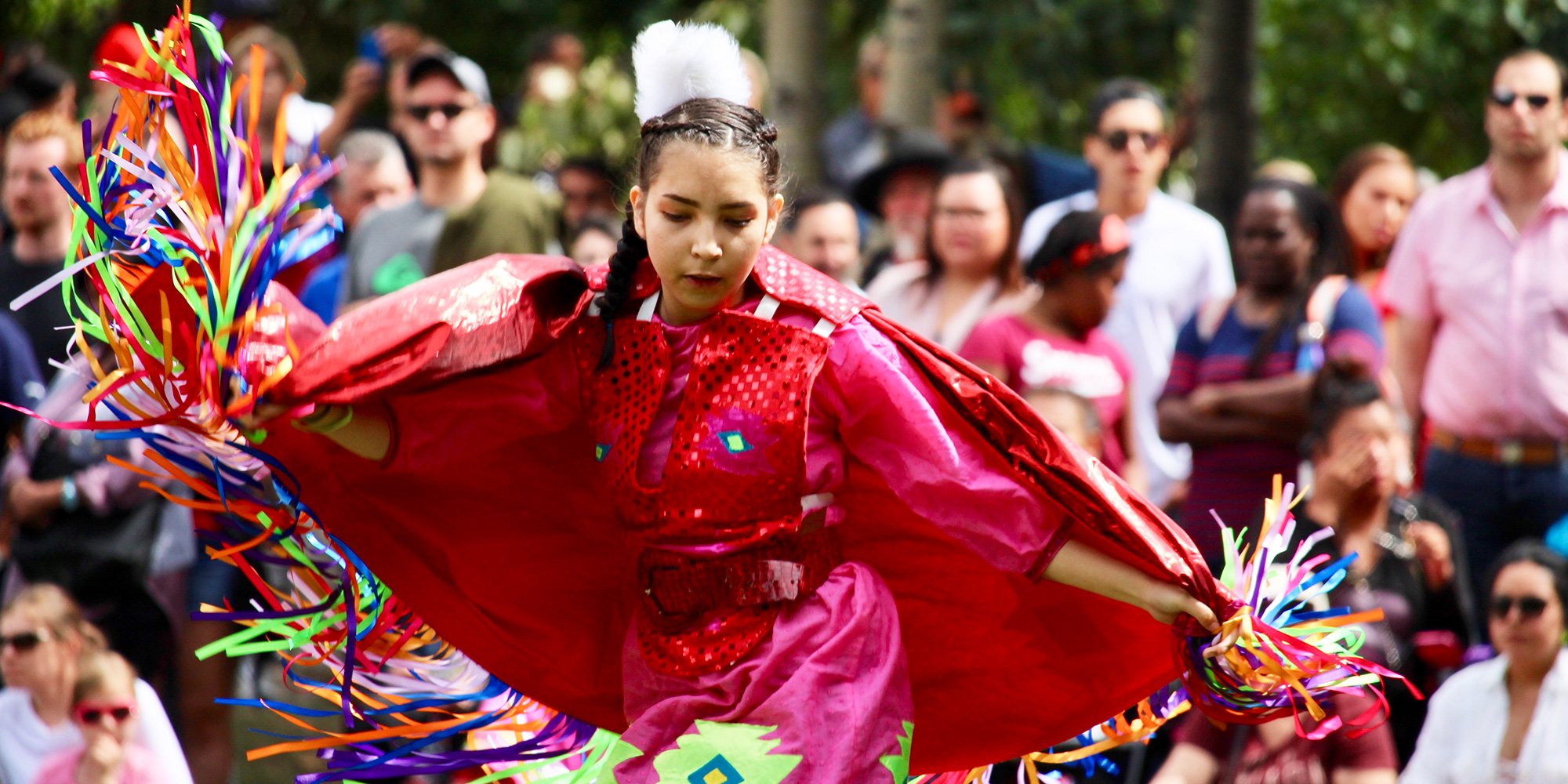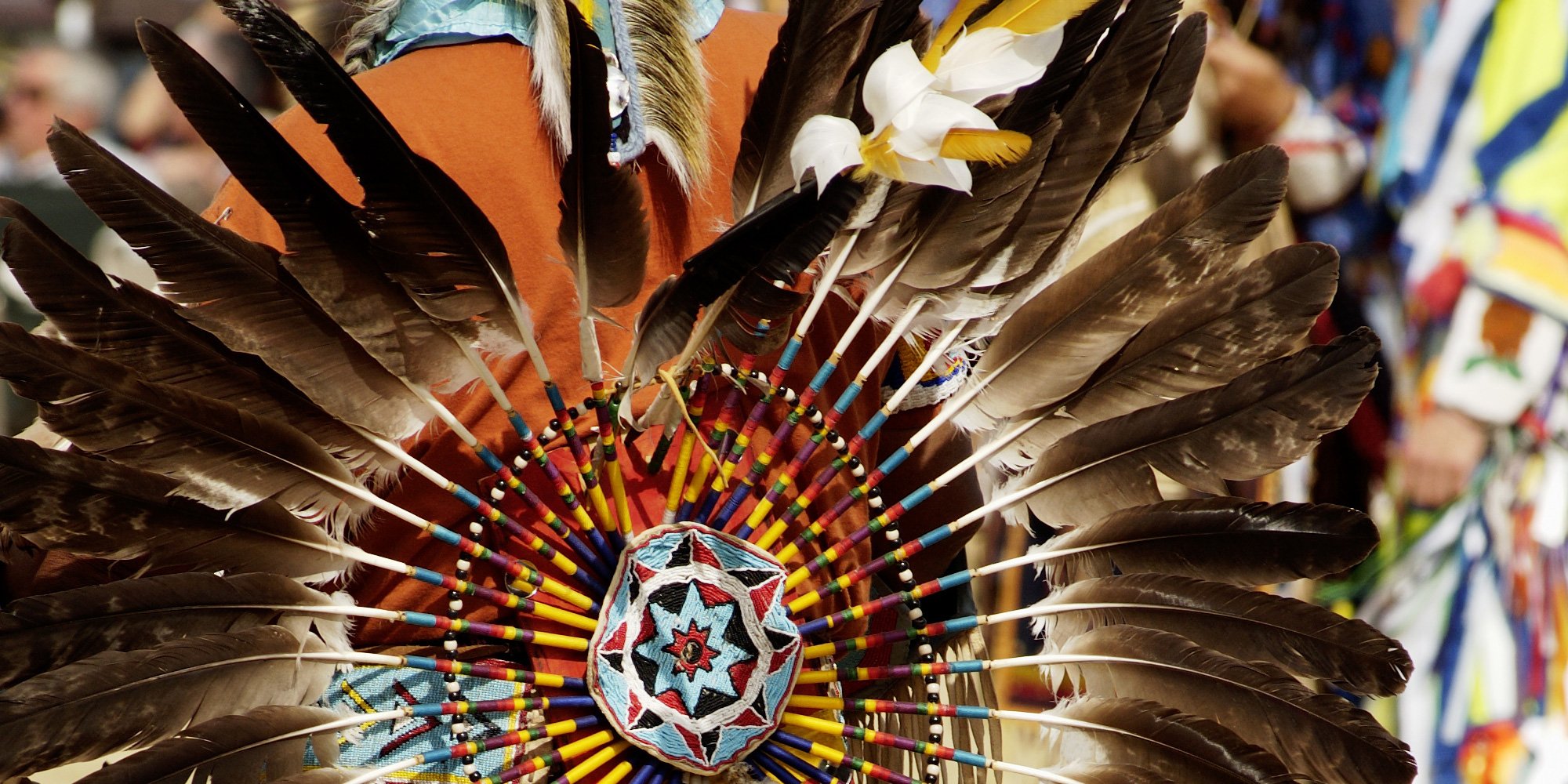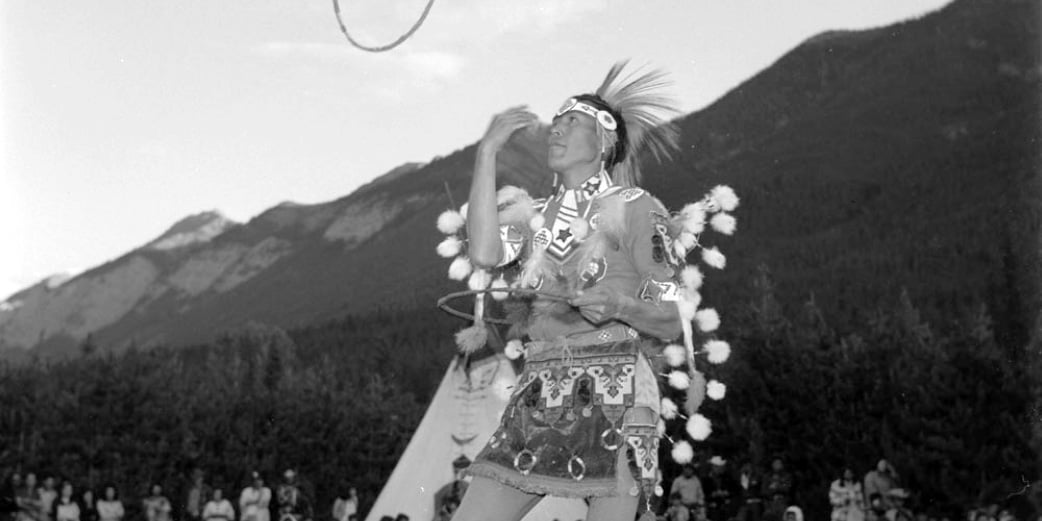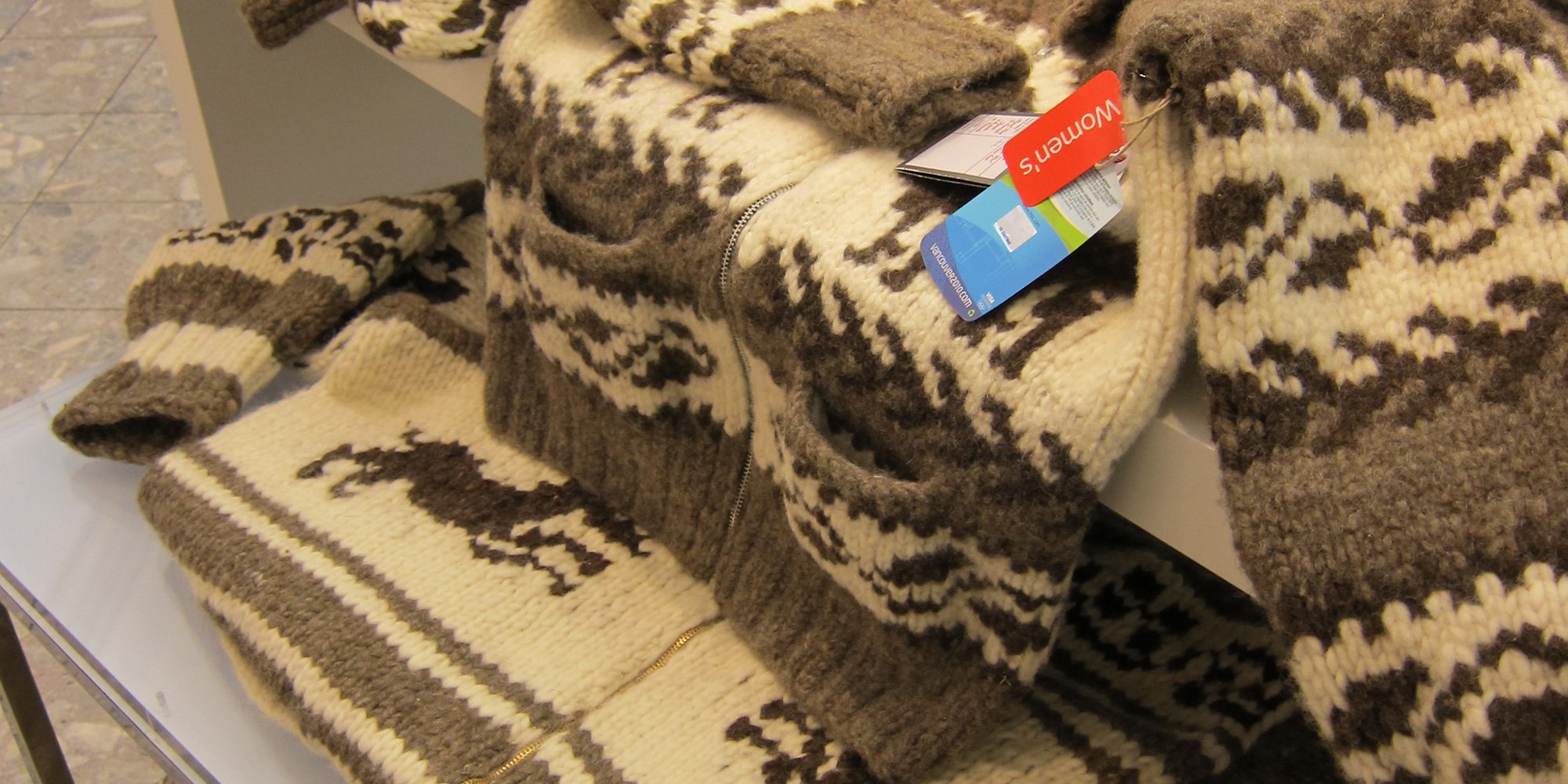Indigenous Powwow Protocol - #2 of 3 in the Powwow Series
This is the second in our three-part series on powwows. In the first part, A Primer on Indigenous Powwows, we covered a bit of the history. This...

This is the third in our three-part series on the Indigenous powwow. The first was A Primer on the Indigenous Powwow, the second was about the all-important protocol, and in this article, we have brief descriptions of some of the common elements and dances of powwows.
The Master of Ceremony is the person responsible for keeping the performers on schedule and the visitors aware of which group is drumming or dancing. They provide background information on the dancers and drums, and they generally keep the event on track, and everyone entertained.
The Grand Entry and prayer are traditionally the opening events of a powwow. Frequently military veterans lead the Grand Entry, followed by the head dancers, and then the rest of the dancers, all of whom are drummed in by the host drum. The Grand Entry is sacred so listen carefully to the MC to find out the protocol regarding filming or photography.
Please keep in mind that powwows are as individual as the Nations that host them, and that not all dances are performed at all powwows. While there are regionally specific dances, there are some dances that are typically performed and most powwows have open dances for all to join in.
Traditional - as the name implies, this dance involves traditional, tight steps and traditional.
Fancy (Dance or Feather) - this is the show stopper as the steps are dramatic and the regalia is spectacular - elaborate and brilliantly coloured, although non-traditional.
Grass - regalia in this dance features streaming fringes to mimic grass billowing in the wind. The steps are more involved than in the traditional dance but less dramatic than those involved in the Fancy or Feather Fancy Dance.
Traditional - originally, women performed minimal dance movements on the periphery of the circle; the understatement of the movements in this dance reflects this history.
Jingle Dress - the dresses for this dance include sometimes hundreds of metal cones - some dresses feature a cone for every day of the year. This dance is a feast of visual and audio delights.
Fancy Shawl - this dance, which emulates the butterfly, is very colourful and beautiful. The dancers, moving to a very fast beat, use their beautifully beaded shawls to emulate the wings of a butterfly.
Drums provide the pulse of the powwow. There is usually a host drum, consisting of up to eight men, and guest drums. Drummers do not necessarily wear traditional regalia, they may just wear street clothes. At outdoor powwows, the drum groups are frequently under a tent as the drums have to be protected from moisture and temperature fluctuations.
While the drum helps the dancers keep beat, it is the songs, and the range of pitches, that provide the melody the dancers focus on and meld their dance to.
The dances are mesmerizing, the regalia is breathtaking, and the drumming is thrilling - and all that beauty, skill and precision is driven by time-honoured traditions.
Powwows are held right across North America from spring until fall - if there is one near you, check it out and send us some pictures.
Featured photo: Fancy shawl dancer. Photo: JoslynLM, Flickr

This is the second in our three-part series on powwows. In the first part, A Primer on Indigenous Powwows, we covered a bit of the history. This...

This is the first in a series of articles on the Indigenous powwow - a short history, the dances, drums, and songs, and the all-important protocol. ...

In Why Buying Authentic Indigenous Art is Important I talked about the cultural and economic impact knock-off art has on Indigenous artists and...